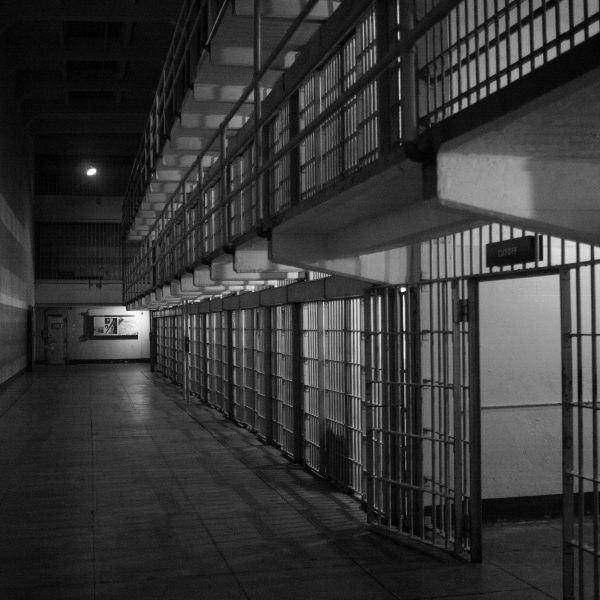Australia has a new Fair Work Ombudsman, and she’s not afraid of criminal penalties

Australia has a new Fair Work Ombudsman – Anna Booth – and she has indicated that she is prepared to seek criminal wage theft penalties against ‘dodgy’ employers if legislation changes.
The legislation Ms Booth is referencing is the Fair Work Legislation Amendment (Closing Loopholes) Bill 2023, and is unlikely to be voted on by the Senate until 2024.
Who is Anna Booth?
Ms Booth was appointed as the Fair Work Ombudsman last month for a five-year term. Under the Fair Work Act 2009, she is responsible for promoting harmonious, productive, cooperative and compliant workplace relations.
She brings an extensive and diverse experience in industrial relations spanning more than 45 years, working with unions, private, and public sectors. She was most recently Director of CoSolve Pty Ltd. Before her appointment to the Fair Work Commission, Ms Booth combined her CoSolve directorship with non-executive directorships of ME Bank and IFM and was the non-executive chair of Slater & Gordon Ltd.
She spent much of her early career in the union movement. She was the National Secretary of the Textile, Clothing and Footwear Union of Australia and a Vice President of the Australian Council of Trade Unions. She has also served on the boards of Commonwealth Bank of Australia, the Sydney Organising Committee for the Olympic Games and NRMA Ltd.
Ms Booth is an accredited mediator under the National Mediator Accreditation System. She holds a Bachelor of Economics (Hons) from the University of Sydney and is the patron of the Industrial Relations Society of NSW.
Criminalisation of Wage Theft
The federal government is currently pushing to criminalise wage theft under the Fair Work Act. Should the legislation pass, employers who intentionally withhold earnings from workers would face “new and hefty” penalties.
Under the proposed revisions, penalties for deliberate wage theft could extend up to 10 years’ imprisonment, or fines of up to $7,825,000.
Civil remedy provisions against wage exploitation already exist, exposing employers to significant fines, and some states, including Victoria, have established their own wage theft criminalisation penalties.
The federal government further argues that making wage theft a criminal offense at the federal level will help stamp out the practice, which the McKell Institute estimates is costing Australian workers $850 million per year.
Willing and able to enforce the rules
Ms Booth has said the Fair Work Commission is “willing and able” to enforce the wage theft laws, should the legislation pass.
“Certainly once the law has passed, if indeed it does, and there is a criminal liability, as long as the criminal standard of proof has been met, then criminal penalties could flow,” Ms Booth told ABC’s AM radio program last week.
“Whenever inspectors go out they do find contraventions, but I think any underpayment is too much, and I think there are still large cohorts of workers who are afraid, and they of course are one of our priority areas as well, vulnerable workers,” she said.
“I think the two go hand in hand together. So where an employer chooses to preference their profit over paying a worker correctly, and the worker themselves fears losing their job, that’s a diabolical combination and is definitely something we are focused on.”
There will be scope to protect small business in the legislation, with small businesses shielded from criminal prosecution in the case of wage underpayment through a “safe harbour” provision, where small businesses able to avoid harsh punishments by “owning up to genuine mistakes” and following a yet-to-be-developed voluntary wage compliance code.
“Compliance with the voluntary code is intended to provide assurance to small business employers that they will not be referred for criminal prosecution for wage theft under the FW Act,” the proposed legislation states.
To access the proposed legislation, please see here. Alternative coverage of Ms Booth’s comments is available here.
















